Simple Guide to Choose Perfect Solar Batteries for Storage in 2024

The extra energy produced by solar panels can be stored in solar batteries, also called solar energy storage systems. In this way, the efficiency and benefits of solar energy systems may be maximized, allowing homeowners and businesses to enjoy solar electricity even when the sun is not shining. Here is a simple guide to choosing the perfect solar batteries for storage in 2024.
As solar power gains in popularity, more and more people and businesses are exploring alternative energy sources that don’t involve the grid.
Although solar panels have grown increasingly commonplace on rooftops, a key component of making the most of solar energy is often disregarded: energy storage.
The answer comes in the form of solar batteries, which store the sun’s extra energy throughout the day so that it may be used at night or during overcast days. In this post, we’ll learn about solar batteries, and how much they typically cost.
Solar Battery Categories
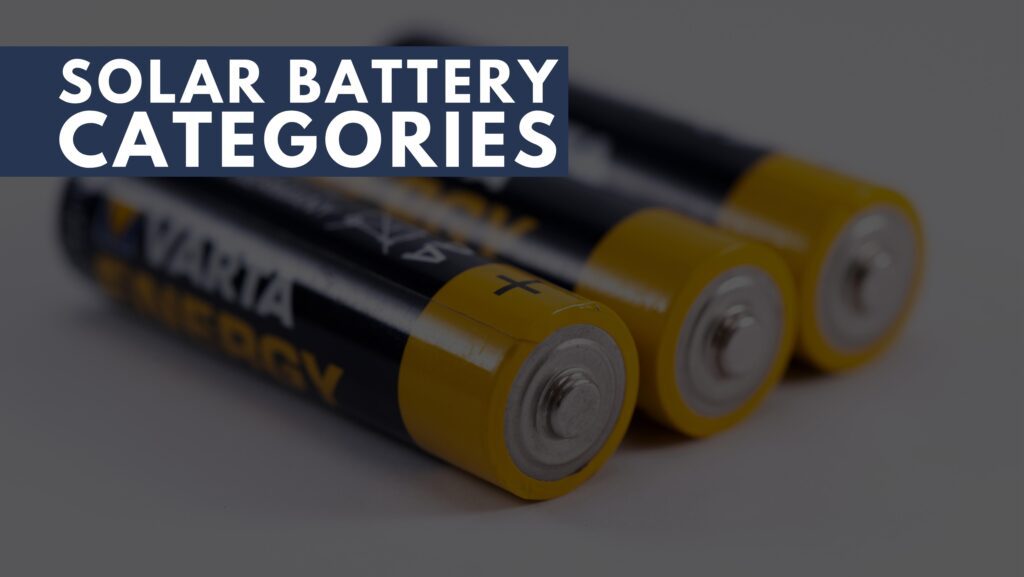
Solar batteries come in a variety of forms, each with its own set of pros and cons. Flow, lithium-ion, and lead-acid batteries are the most popular options.
Although lead-acid batteries have been around the longest, lithium-ion batteries are becoming more used due to their increased energy density and longer lifespan.
Despite their rarity, flow batteries can be scaled up and have a long cycle life.
Lead-Acid Batteries
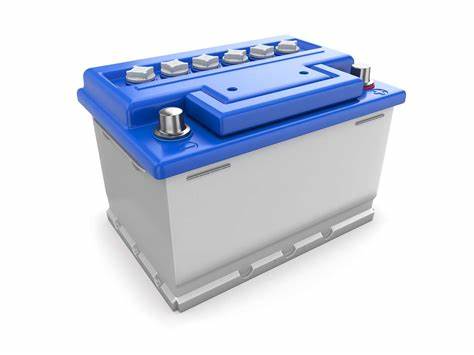
The usage of lead-acid batteries in different systems, including solar power generation, is nothing new. These batteries are well-liked due to their low cost and consistent performance.
The plates of a lead-acid battery are submerged in a sulfuric acid electrolyte. They are suited to off-grid solar setups and can withstand deep discharges.
Lead-acid batteries, on the other hand, have a shorter lifespan than other varieties, are more vulnerable to severe temperatures, and need to be maintained on a regular basis.
Lithium-Ion Batteries
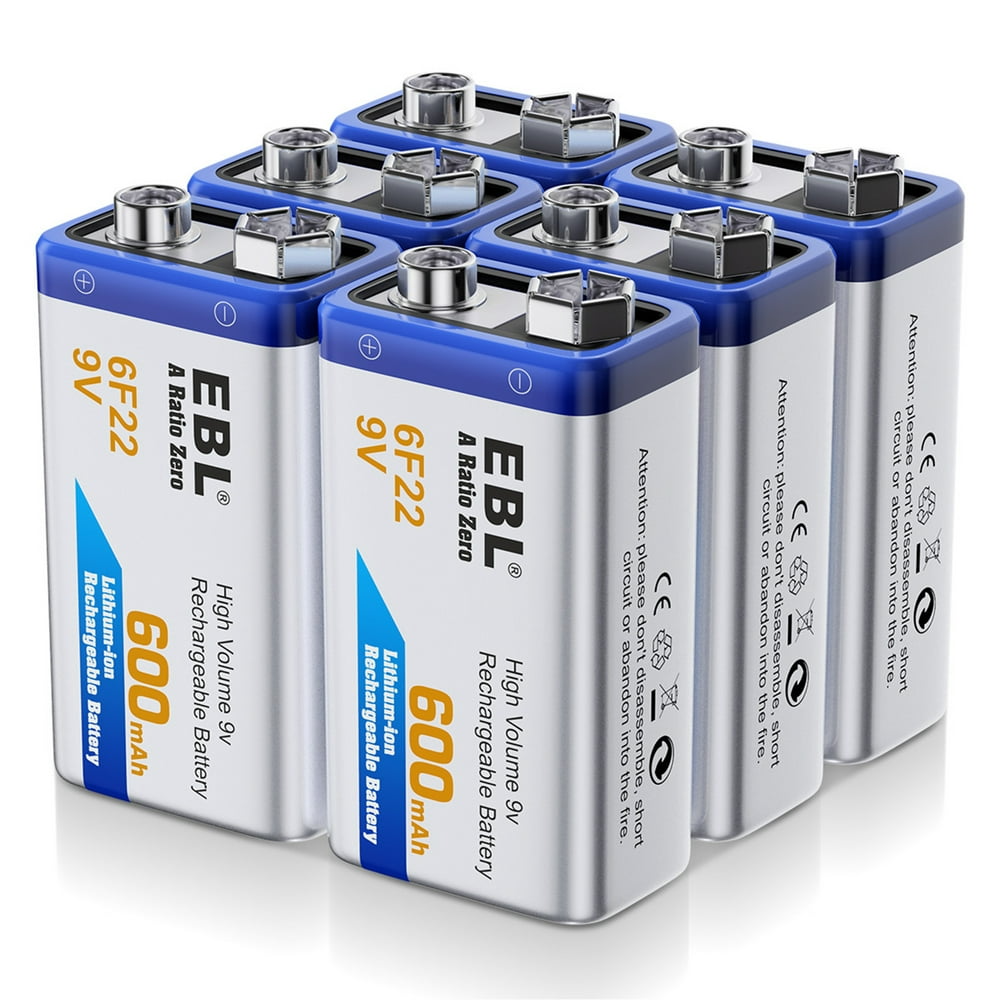
Due to their higher energy density and longer longevity, lithium-ion batteries have become increasingly popular in recent years.
These batteries have found increasing use in solar power systems in addition to their widespread use in other electrical gadgets.
Compared to lead-acid batteries, lithium-ion batteries are more efficient, have a lighter build, and have a longer cycle life. They’re more costly, but they’re more efficient and need fewer repairs.
Saltwater Batteries
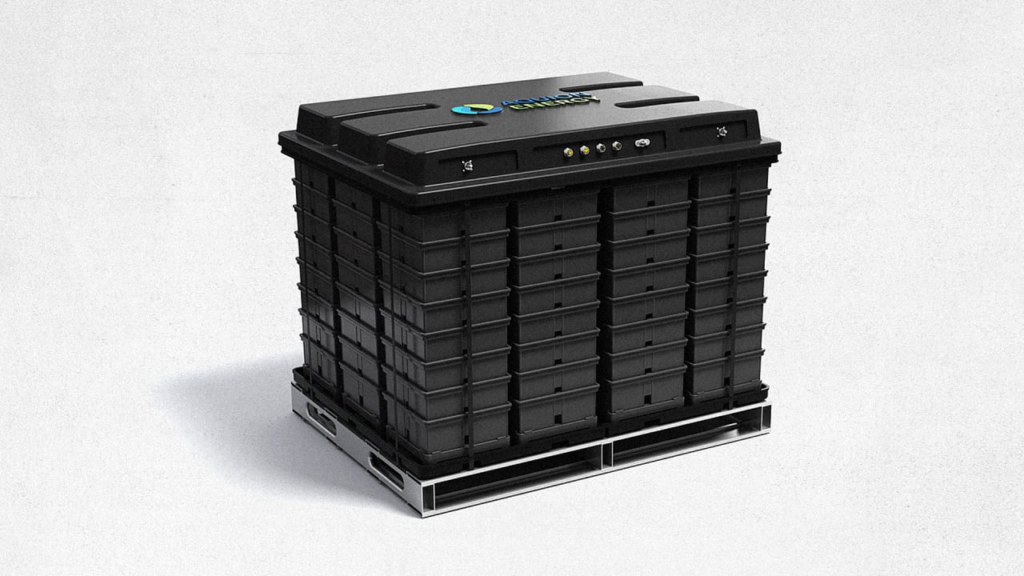
An environmentally beneficial option to conventional battery technology is the saltwater battery, commonly known as an aqueous hybrid ion (AHI) battery.
These batteries replace dangerous chemicals with an electrolyte solution based on water, making them safer and more environmentally friendly.
When it comes to energy efficiency, cycle life, and temperature tolerance, saltwater batteries really shine.
They’re relatively new on the market, but they’re quickly gaining popularity thanks to the positive impact they have on the planet.
Flow Batteries
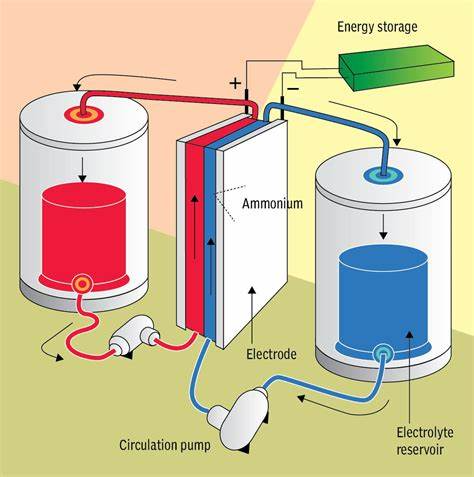
Flow batteries, which use liquid electrolytes held in separate tanks, can store an infinite amount of energy.
These batteries can be discharged to zero capacity without losing power or functioning properly, and they have a reputation for lasting a long time.
Flow batteries may be easily scaled up, making them ideal for use in large-scale solar power installations.
However, they are less convenient for smaller installations because they are bulkier and more expensive than other battery kinds.
Nickel-Cadmium Batteries
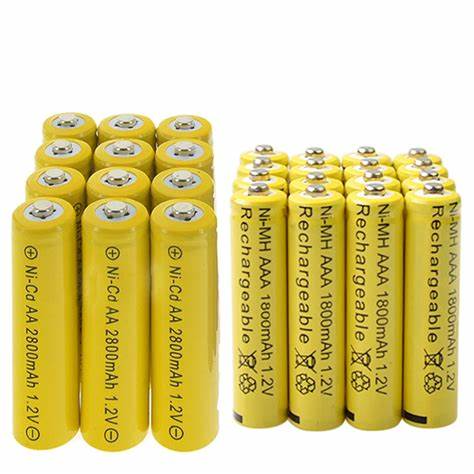
For a long time, solar applications have made use of nickel-cadmium (NiCd) batteries. They can withstand high heat and intense discharges and are long-lasting in general.
Nicd batteries are durable and work well with solar power systems that operate independently of the grid.
But they have negative effects on the environment because of the “memory effect” and because they contain poisonous ingredients.
Lithium-ion batteries, for example, have gained in popularity as a result of technical developments in recent years.
Affects The Price of Solar Batteries

Power Storage Ability
The price of a solar battery system is very sensitive to its capacity, which is expressed in kilowatt-hours (kWh). The ability to store more energy in a battery increases reliability and autonomy.
However, batteries with a higher capacity are usually more expensive, so it’s important to balance cost with energy requirements when making a purchase.
Electricity Storage
Thanks to developments in battery technology, we now have better, cheaper options. When compared to lead-acid batteries, for instance, lithium-ion batteries offer superior performance in terms of energy density, lifespan, and charging speed.
They may be more expensive to purchase at first, but their long-term value makes up for that.
Value And Reputation
Cost is also affected by the solar battery’s make and model. Prices for well-known, time-tested brands tend to be higher than those of upstart competitors.
A high-quality battery from a trusted manufacturer will last longer, perform better, and cost less to replace over time.
Comparative Study of Solar Batteries Prices

Primitive Prices
Purchase and setup fees for solar batteries are included in the initial investment.
Smaller capacity units can cost as little as a few hundred dollars, while larger capacity systems might cost several thousand.
Battery technology, brand name, and the difficulty of the installation all play a role in the final price.
The Price of Upkeep And Operation
It is important to factor in the continuous running and maintenance costs of solar batteries, in addition to the initial expenditure.
Although solar batteries require little upkeep overall, they do gradually lose their capacity to store energy over time.
Moreover, after a specific number of recharges or years, a new battery may be needed.
These expenses must be taken into account when calculating the solar battery system’s return on investment.
Investment Profitability

Solar batteries, despite their initial and recurring expenses, can provide substantial cost reductions.
Homeowners can lessen their dependency on the grid and perhaps cut their electricity rates by storing excess energy and using it during peak demand periods or during power outages.
Solar battery systems typically recoup their initial investment within five to seven years.
Conclusion
By storing excess electricity during times of high solar generation and releasing it when solar generation is low or absent, solar batteries are crucial in maximizing the benefits of solar energy.
Solar batteries may seem expensive at first, but when you take into account their capacity, technology, brand, and long-term savings, you can realize that their price is well justified.
You may make a well-informed decision about a solar battery system purchase by giving serious consideration to your energy needs, battery longevity, and installation requirements.
Explore Related: Gas Absorption Heat Pump – Save Money in 2024
What will be Your Average Monthly Electric Bill with Solar Panels In US
